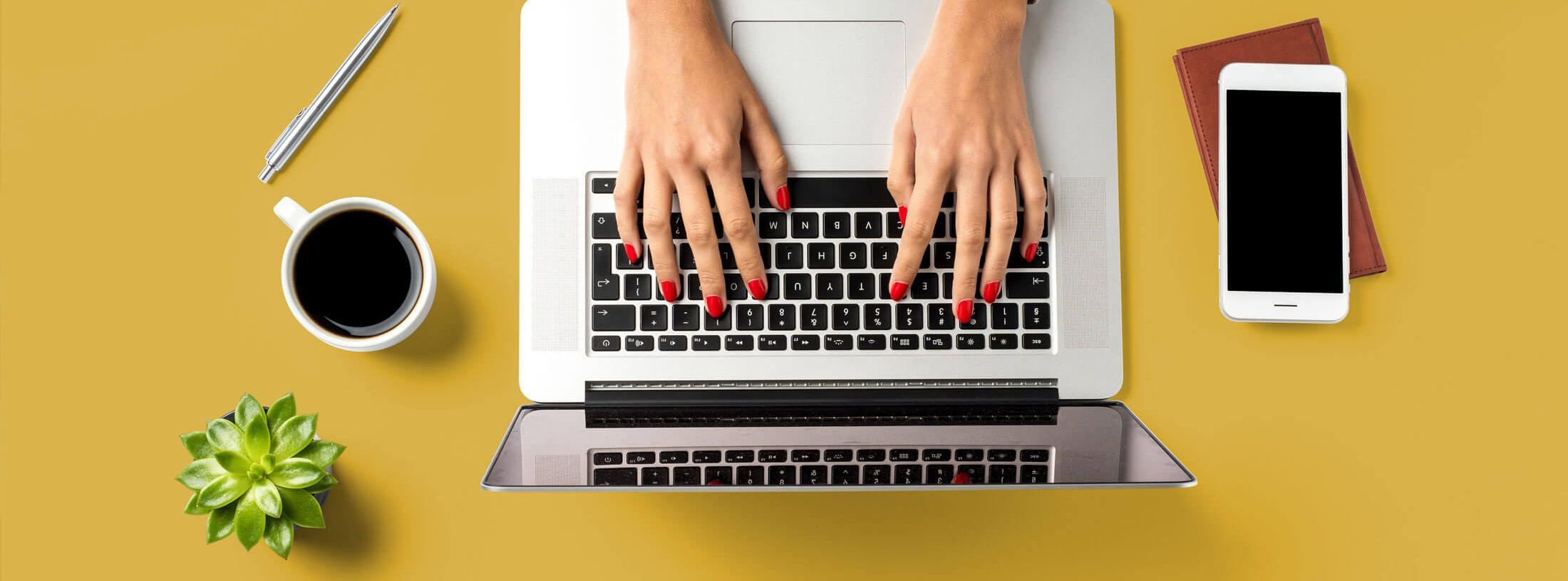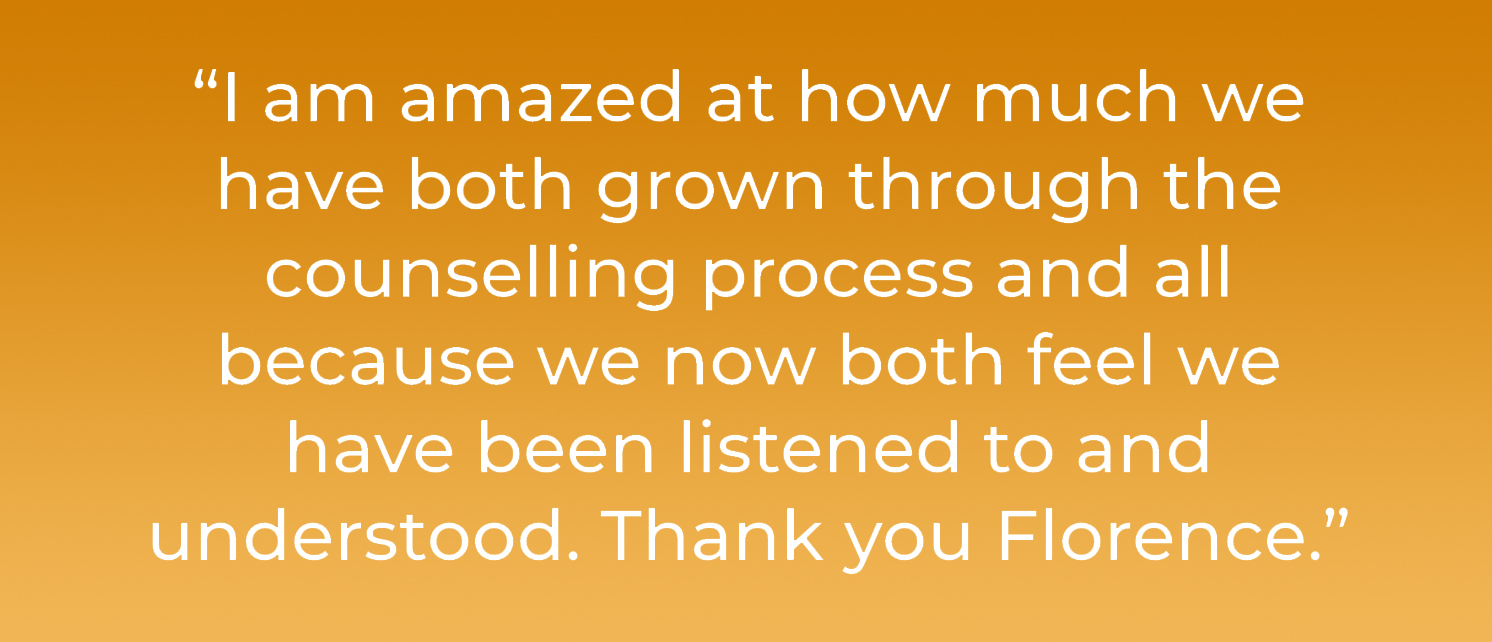Making a difference with Mediation
Making a difference with Mediation Experiencing a family breakdown can be deeply distressing, as it can be challenging to navigate through the ...
Read moreListening is one of the most powerful tools you can use. Most people don’t listen with the intent to understand they listen with the intent to reply.
When they are listening, they are filtering everything through their own frame of reference, reading their own autobiography into other people’s lives. Often instead of listening when the speaker is telling a story, they will say:
“I know how you feel I went through the very same thing myself let me tell you my story”
Which means…
They rob the conversation and tell you all about their story then the speaker becomes the listener which can feel really frustrating.
Even if the speaker is telling you a story that runs a parallel to your own story, you can never assume you know how they feel until they tell you.
If we only prescribe our own GLASSES for everyone with whom we interact we cannot be empathic. Often when a person has a problem communicating with a son, a daughter, a spouse, a partner, an employee, employer or client – their attitude is
“That person just does not understand me!”
Ask yourself have you understood what you have heard?

If you can’t make it to our Glasgow offices you can still receive our excellent counselling services. We offer a remote counselling service through Skype, Facetime, WhatsApp, VSEE, Zoom. We also offer counselling sessions by telephone. For more information please contact the Nightingale team on 0141 353 9373.
“The power of your communication can be measured by the result it gets.”
Listening is an essential skill when you are dealing with people. Listening will enhance your ability to be more insightful. It is important that you stay focused and give the person talking your full attention. You need to be open, still, quiet and really hear what is being said to you.
Active listening helps you to gain clarity about the complete message that is coming to you. You notice what they say, but you also need to notice what they don’t say. When you listen actively you are using your ears, your eyes, your body language and yourself. You are also listening for personal values, attitudes, habits, and problems. By listening to the tone of a person’s voice, you will be able to identify how they are feeling.
This takes listening to a new dimension. Not only are you listening with all your senses, to the messages that you are receiving, you also need to tune into your intuition. This intuition enables you to develop your empathic understanding.
By simplifying the person’s statements and relaying it back to them, you will encourage the conversation to go to a deeper level. Using fewer words than the other person, will focus a conversation and will allow it to move at a faster pace. Trust will be building when the other person is reassured you are listening.
Repeating back what is said will highlight and confirm a particular point. Using this technique builds rapport as by using their language you are not making assumptions. The person speaking to you will also feel a sense of relief in knowing they are being understood.
You will need to learn that silences, or pauses in conversation, are good. By staying with the silence, you will allow the person to think, reflect or digest their thoughts and it will also let them hear themselves. Jumping in to quickly can cut short their thought process and stifle free thought.
Listening is the least taught and most useful skill. It is said that the biggest compliment you can pay someone is to really listen to him or her. Factors that affect listening include:

Follow us on our social channels